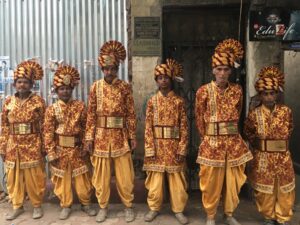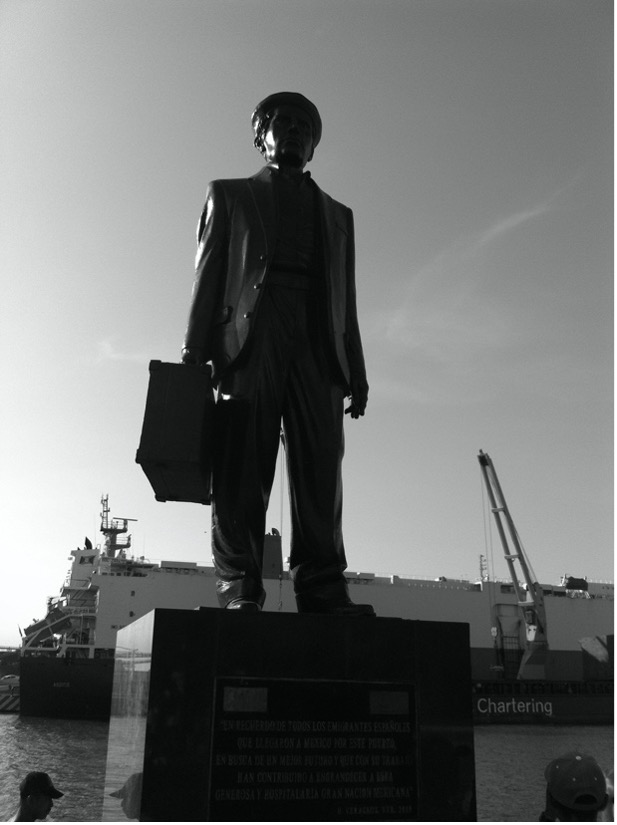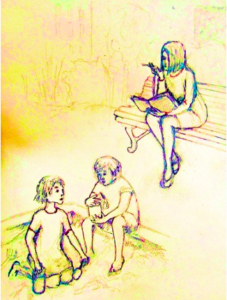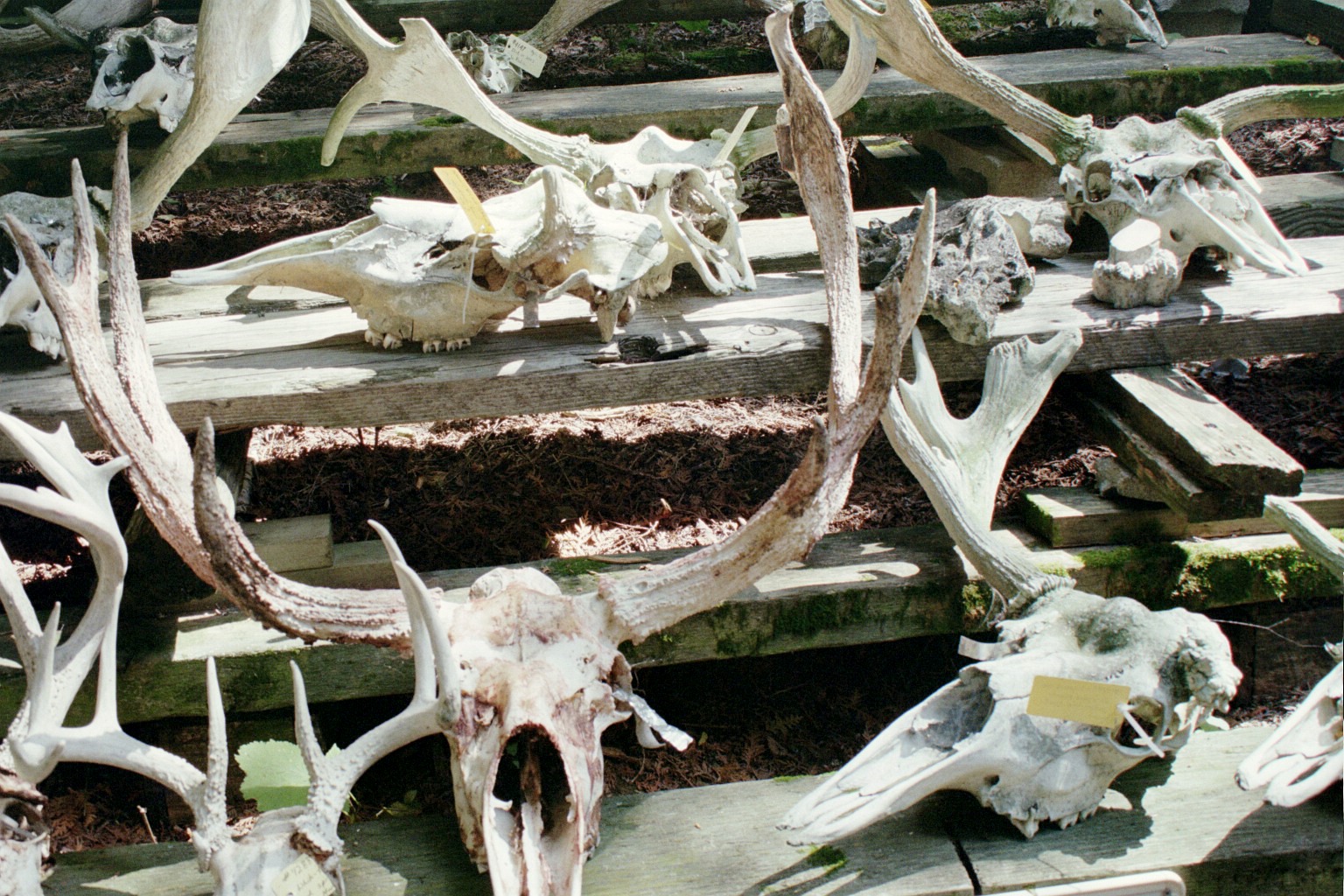
“Name and fame,” Mohammad Sabir said in English, shouting over the noise of the traffic. Manager and occasional trumpet player for one of dozens of marching bands for hire in Kolkata, India, he was describing the glamor that once compelled families across the city to hire bands like his.
Fifty-year-old Master Sabir, as bandleaders are known, was sitting behind his desk in a pink, threadbare shirt. A goat was tied to the electricity box out front, barefoot children raced past, and, nearby, bidi makers sat chopping dried tobacco by hand. According to my phone, it was only 103 degrees, but the reported “feels like” had hovered between 118 and 125 for days, and it was sometimes hard to breathe. This was in May of 2019, halfway through Ramadan and an hour before iftar; Sabir had not eaten or taken a drink of water all day.












 Isle Royale National Park
Isle Royale National Park 


